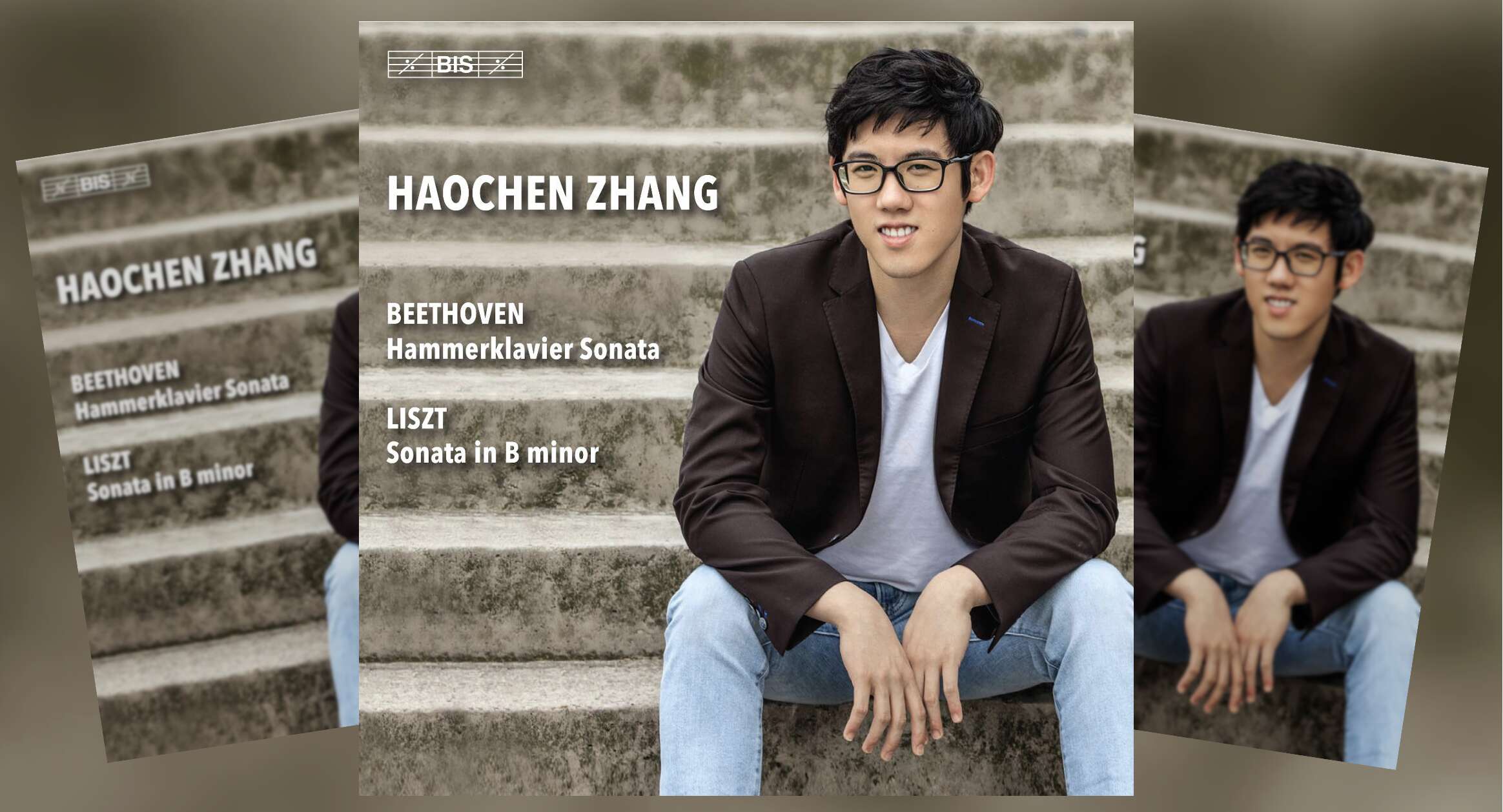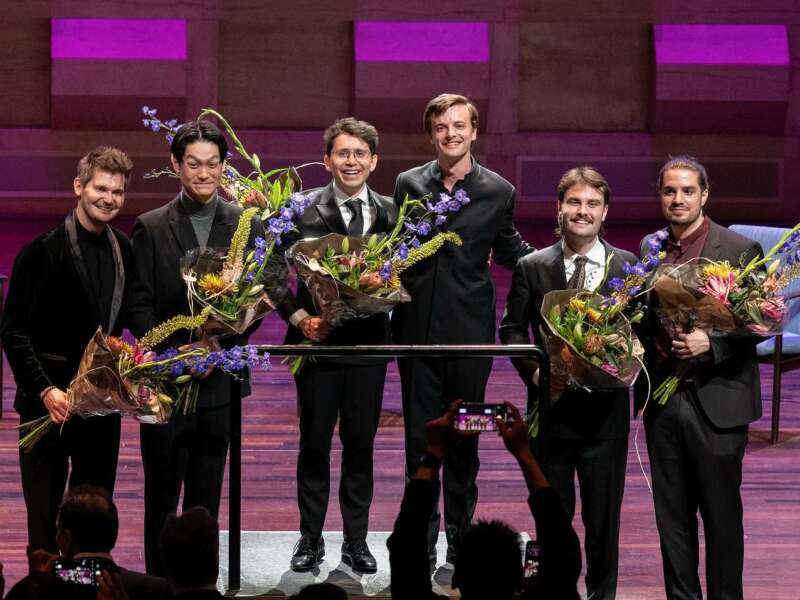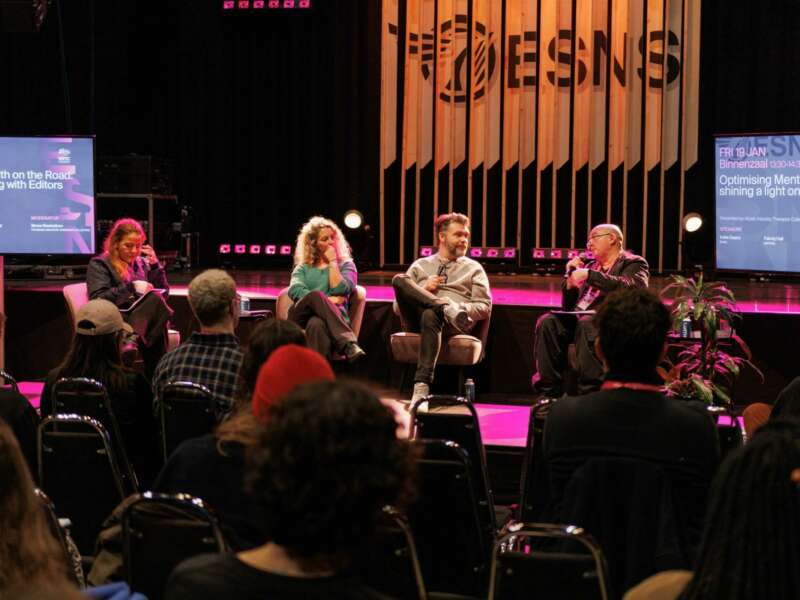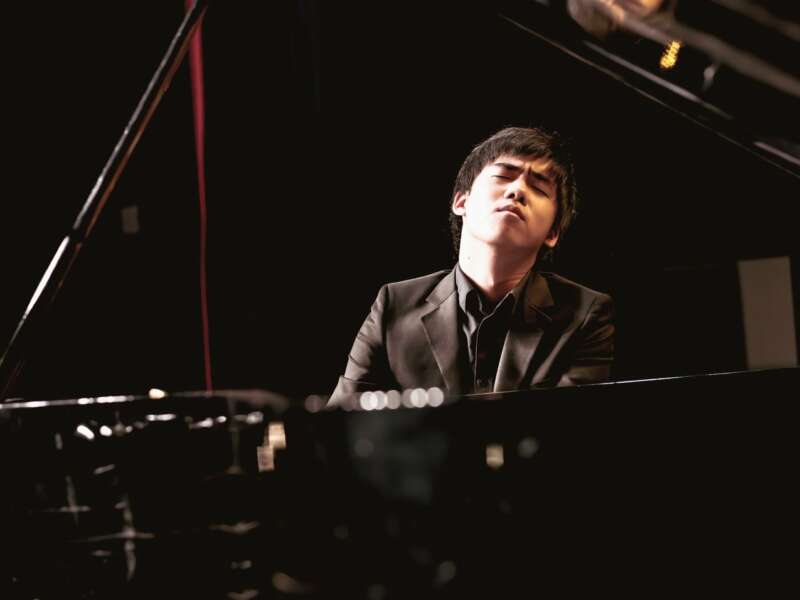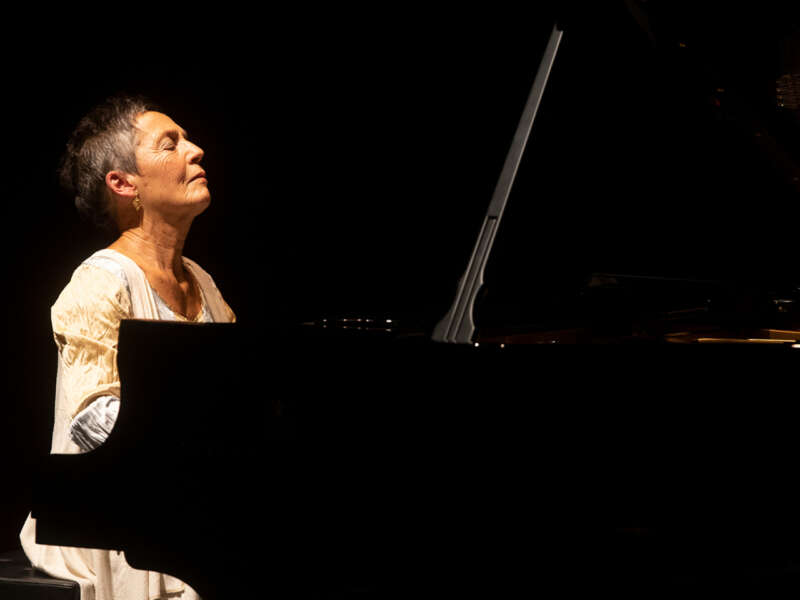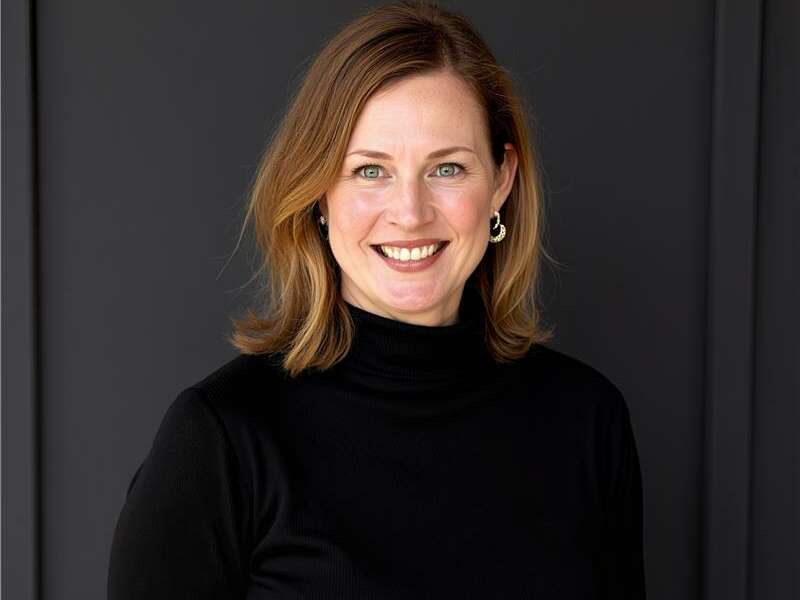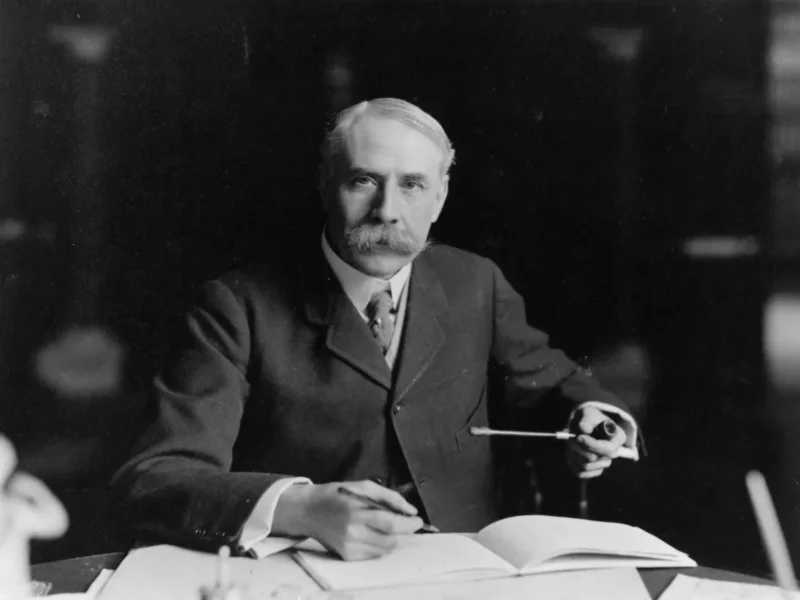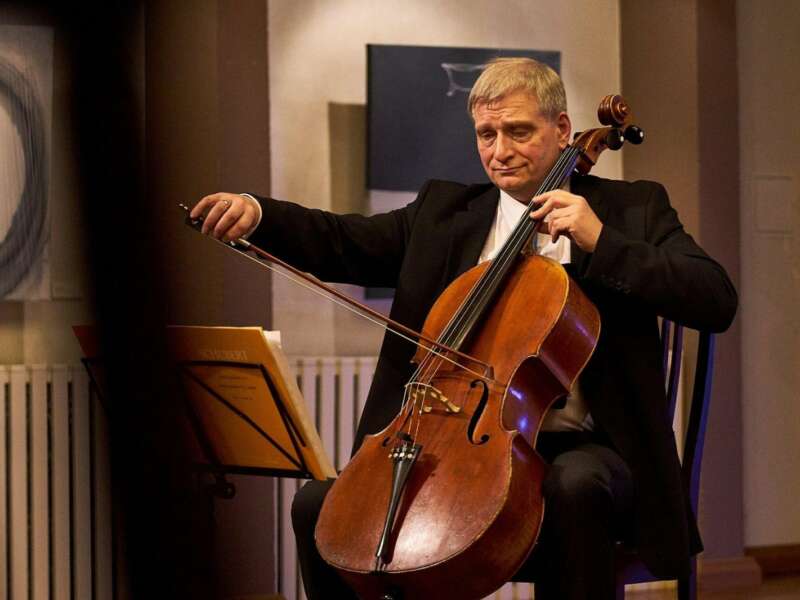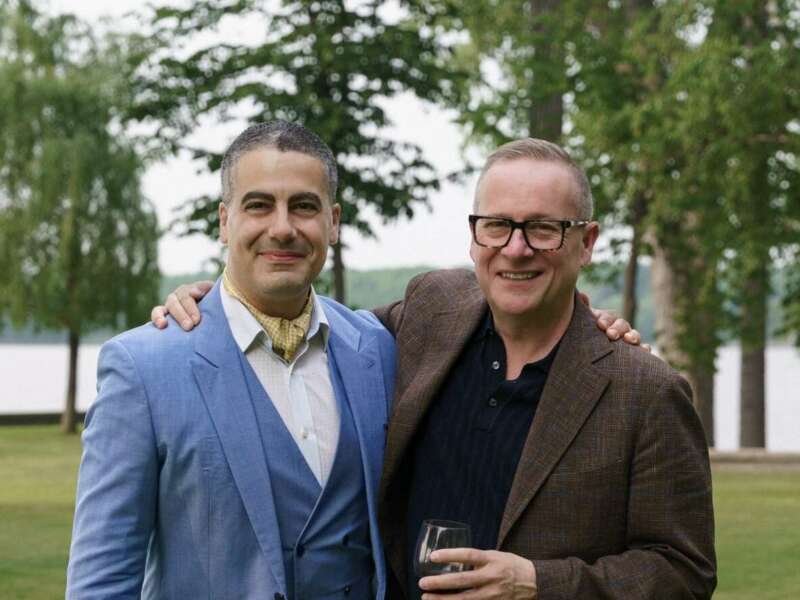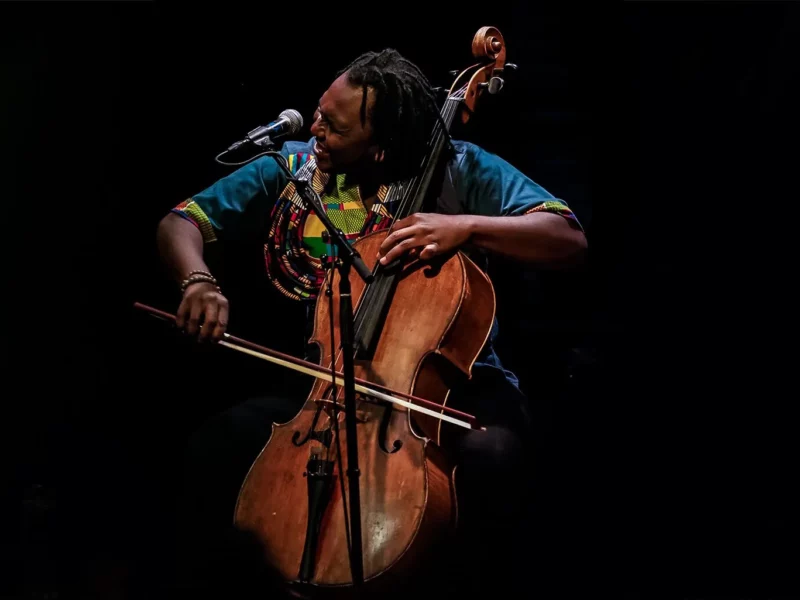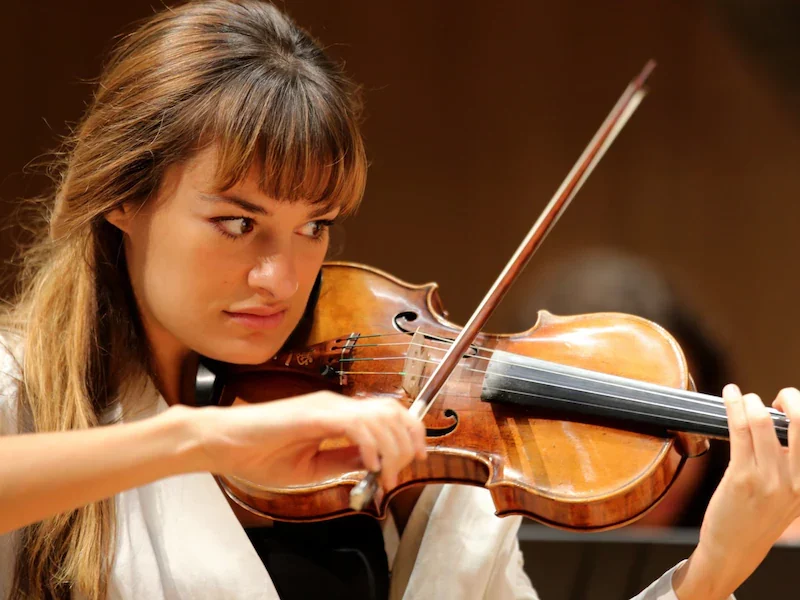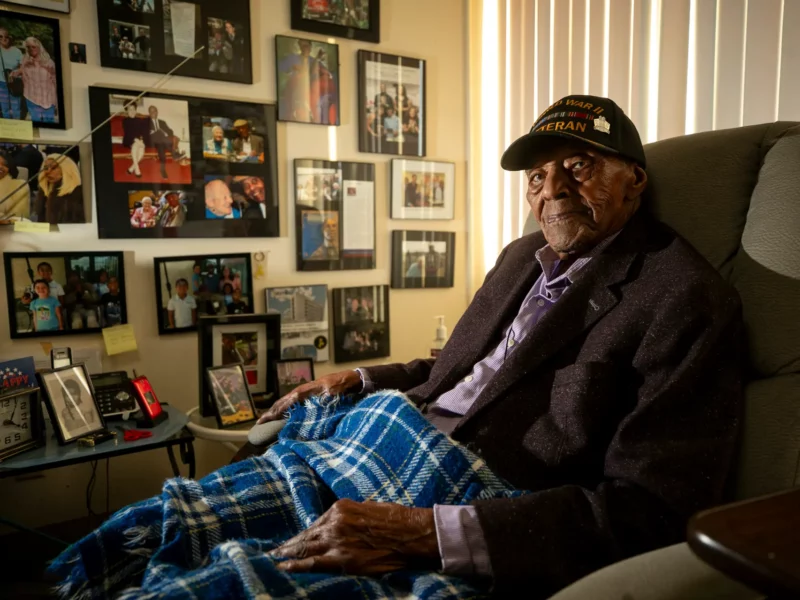Pianist Haochen Zhang’s New Album, “Beethoven and Liszt”
Released on BIS Records, the album features Beethoven’s Piano Sonata No. 29 and Liszt’s Sonata in B minor
Pianist Haochen Zhang, the winner of the 2009 Van Cliburn International Piano Competition and an Avery Fisher Career Grant winner, has released his latest album featuring Beethoven’s “Hammerklavier” Sonata and Liszt’s Sonata in B minor.
This album follows Zhang’s previous recordings of Beethoven’s piano concertos with The Philadelphia Orchestra and Nathalie Stutzmann and Liszt’s Transcendental Études, also on BIS Records.
Beethoven’s Piano Sonata No. 29, the “Hammerklavier,” is the longest and most complex of the composer’s 32 sonatas for piano. Rarely played during Beethoven’s lifetime, this sonata and its discovery is attributed to Franz Liszt, who premiered the work in Paris’s Salle Érard in 1836.
Liszt’s own Sonata in B minor, completed in 1854, is similarly a monumental work for piano. Written with Beethoven’s legacy in mind, the work is one single movement filled with rich textures and musical color.
Produced and sound engineered by Ingo Petry from Take5 Music Production, this album was recorded in February 2024, at Reitstadel, Neumarkt in der Oberpfalz, Germany.
To purchase and listen to the album, click here.
“The Hammerklavier and the B-minor Sonata, to me, are not only among the greatest piano works of all time, but also the most epitomized achievements ever succeeded in the sonata form of the Classical and Romantic eras respectively,” Zhang posted on Facebook. “Although both are considered to be pillar repertoire of the piano genre today, at the time of their publication, little could the listeners comprehend the unconventional, avant-garde aspects of these two colossal works. The Hammerklavier was deemed ‘unplayable,’ and the Liszt was dismissed by Clara Schumann as mere ‘blind noise.’
“Liszt’s own sonata, on the other hand, though fully emerged in the romantic realm, reveals many traits typical to the late-Beethoven sonatas unfounded in most other ones of the romantic era: the duality between the violent and the elegant, the angelic and the devilish, the grandiose and the intimate, the grotesque and the tender, the theatrical and the poetic — all under an unifying arch-narrative, all boldly searching new possibilities and sonorities for the piano,” he added. “Whether or not aware of the historical and musical echo between the two, it’s a mind-opening experience to perform/record them together. As listeners, I only hope you’d also find the same.”
A graduate of the Curtis Institute of Music, Shanghai Conservatory of Music, and the Shenzhen Arts School, Zhang studied with Gary Graffman and Dan Zhaoyi. He has since performed with the New York Philharmonic, The Philadelphia Orchestra, London Symphony Orchestra, Munich Philharmonic Orchestra, Staatskapelle Berlin, San Francisco Symphony, Israel Philharmonic Orchestra, NHK Symphony Orchestra, and China Philharmonic Orchestra.
In 2019, Zhang released his debut concerto album performing Prokofiev and Tchaikovsky with the Lahti Symphony Orchestra and conductor Dima Slobodeniouk.
In chamber music, he has worked with the Shanghai, Brentano, and Dover String Quartets, and has often appeared in chamber music festivals including the Santa Fe Chamber Music Festival and La Jolla SummerFest.
june 2025
july 2025


